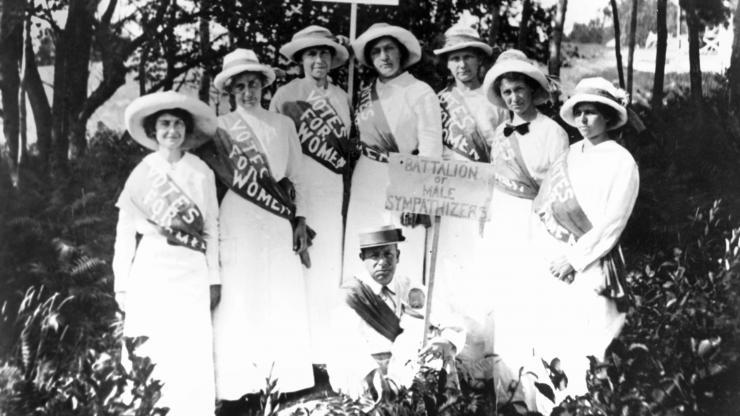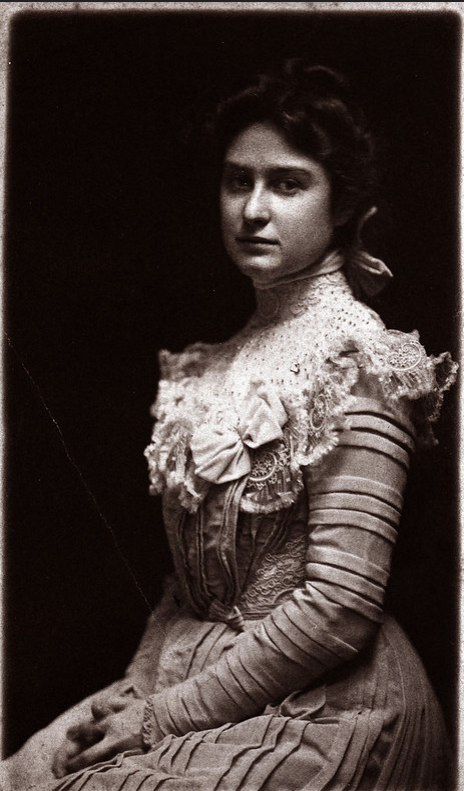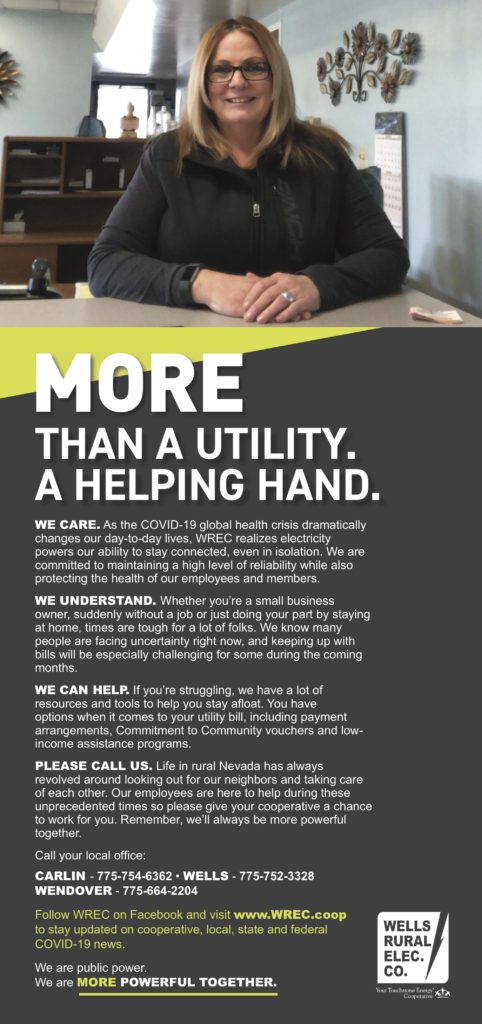Published in the High Desert Advocate in the August 28th, 2020 Edition.


Renowned Suffragette Gertrude Weil
100 Years…
On August 26, 1920, the 19th Amendment to the U.S. Constitution took effect, granting women the right to vote. Here a few facts about the fight to guarantee women the same right given to men…
• Single Women in New Jersey Could Vote in 1797
New Jersey single women were temporarily able to vote because of their state constitution, which was vague and said those worth 50 pounds were eligible to vote. For 10 years, unmarried women voted in New Jersey, but married women couldn’t because their husbands were in control of all of the property in the family, so those women were technically worth zero. The New Jersey Assembly changed the law in 1807 by restricting voting to free white males who were 21 or over, citizens of the state and who paid taxes.

• A Proposed 19th Amendment Was Defeated in 1878
An amendment proposed by Arlen Sargent, a California Senator, was debated on January 10, 1878, with the support of Susan B. Anthony and Elizabeth Cady Stanton. Although hearings were held, several of the committee members ignored the proceedings by staring into space or reading as the debate continued. The bill was reintroduced each year for 41 years before it finally passed.
• States Had Different Voting Rights Before 1920
In January 1919, there were 15 states that allowed women to vote. Twenty-one states barred women from voting such as Texas, which only allowed females to vote in primaries. The other 21 states did not allow women to vote at all.
• Millions of Women Received Voting Rights
Shortly after the 19th Amendment was ratified on August 26, 10 million women became eligible to vote. A legal scholar at that time, Akhil Reed Amar, said the volume of new voters made it the largest democratizing event in the history of the United States. These new voters took their place alongside millions from 15 other states and the Alaskan Territory where voting by females was allowed.
• A Missouri Woman Is Credited as Being the First to Vote Under the Amendment
Although many women have been said to have voted first after the passage of the 19th Amendment, Mrs. Marie Ruoff Bynum, a Hannibal, Missouri, resident, is often credited with that honor. Although Mrs. Bynum and her husband lived about 15 blocks from the polling place, they walked there in drizzling rain and she registered and voted. The polling book with Mrs. Bynum’s signature is in Jefferson City, housed in the state archives.
• North Carolina’s best known woman suffrage leader, Gertrude Weil came from a long line of social, religious and political activists.
Educated at Smith College, she returned to her native Goldsboro and involved herself in several associations, becoming a protégé of women’s rights advocate Sallie Southall Cotten. As a founder and the first president of the North Carolina Suffrage League Weil tirelessly advocated for the ratification of the 19th Amendment, which gave women the right to vote.
Over time, Weil became a mainstay of practically every private effort connected with social welfare. Following in the footsteps of her mother, she advocated child labor legislation and spearheaded fundraising for Jewish projects relief projects.
By the 1960s Weil was well into her eighties, but that didn’t stop her from taking an active role in race issues. In an ironic twist the North Carolina legislature approved the 19th Amendment in May 1971, which she had fought for in the 1910s, the same month Wiel died.
• Also English women won the right to vote 2 years prior America, in 1918.

